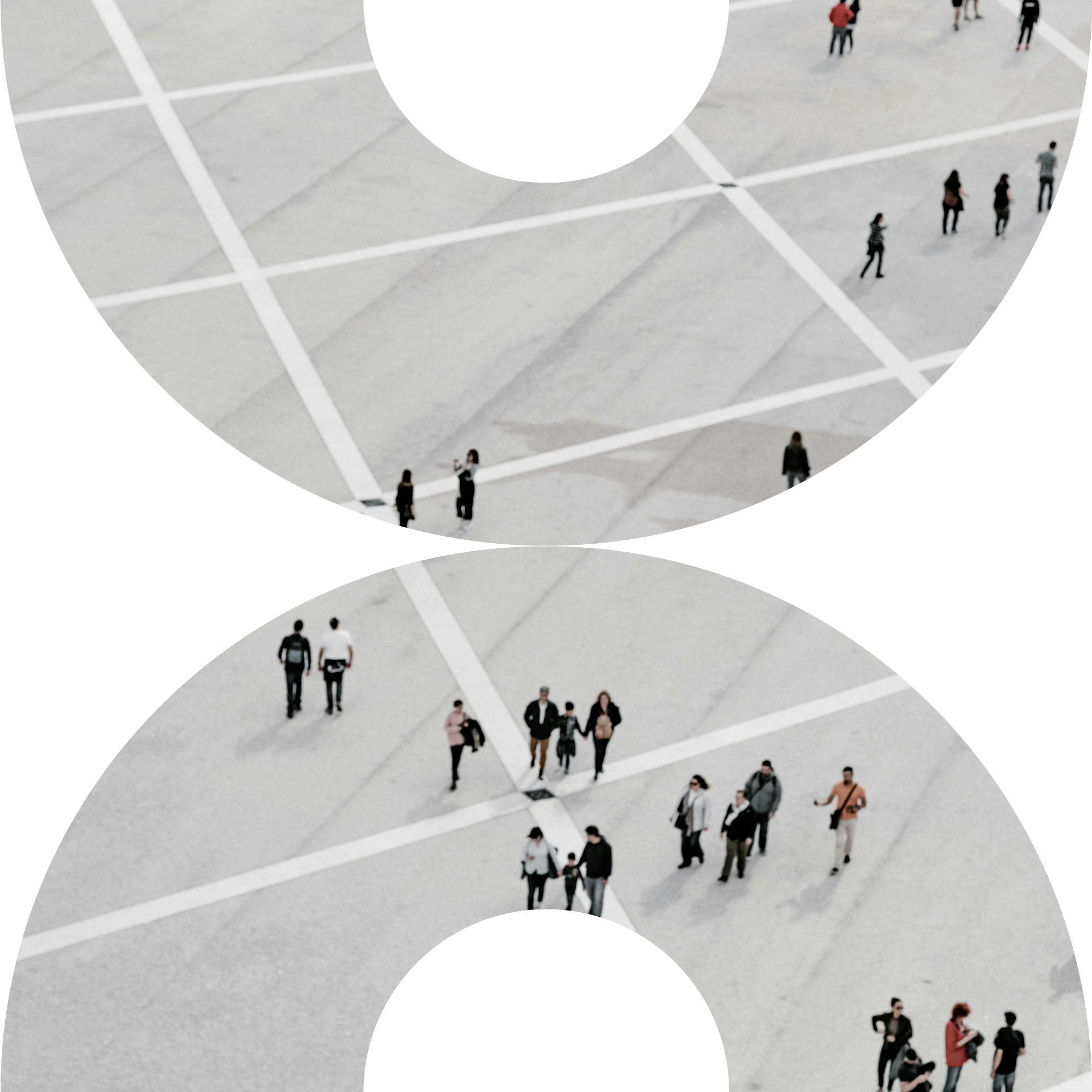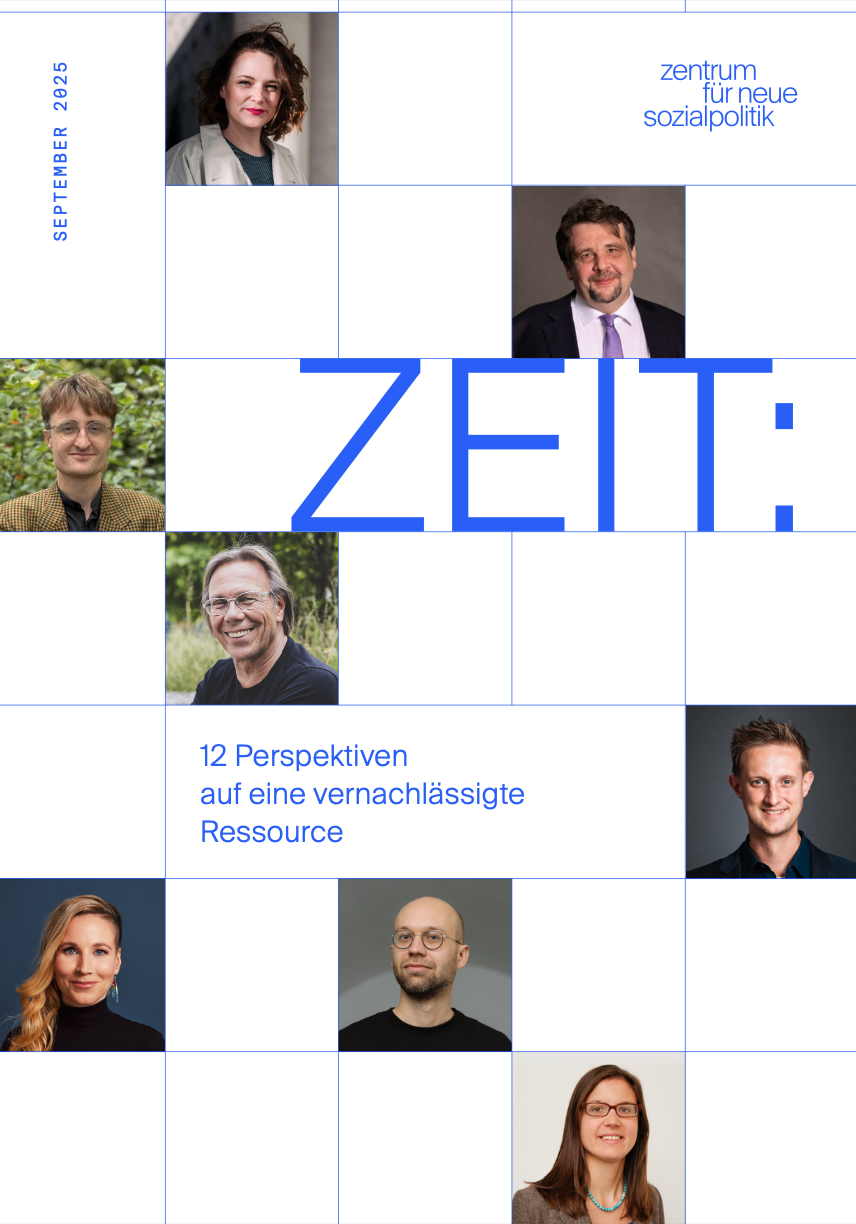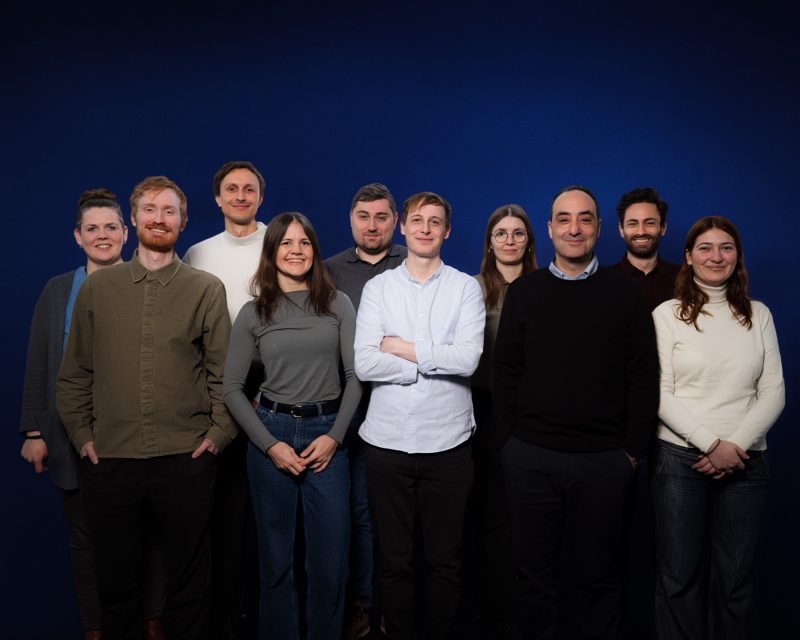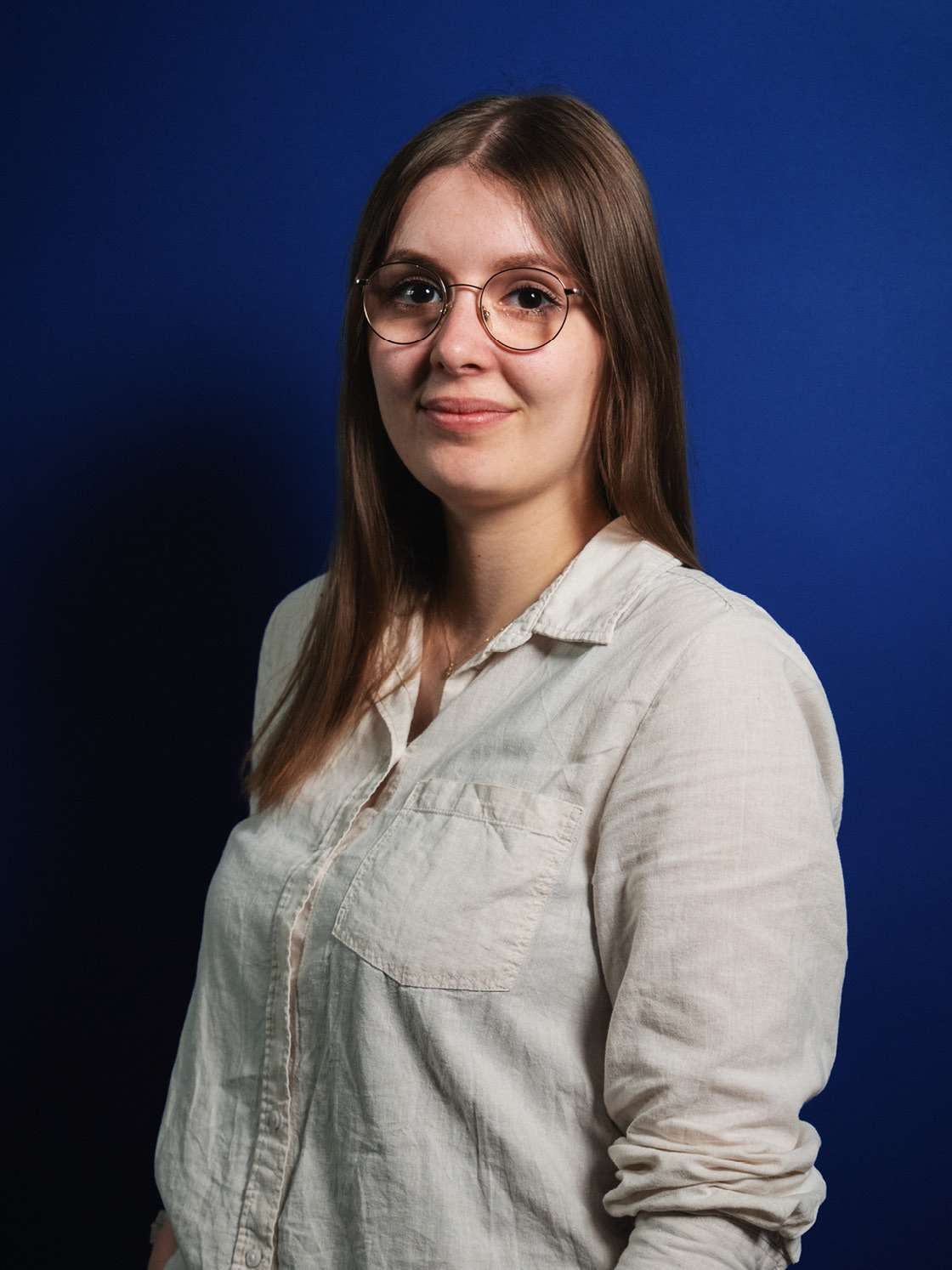- Project
- Opportunities
ZEIT · RÄUME

Published
September 16, 2025
Status
ongoing
Background
Time is perhaps the scarcest resource in our society—and yet it is one that often remains invisible in political debates. When people talk about justice, prosperity, or sustainability, they almost always do so in terms of money, work, or capital. But those who do not have time cannot seize opportunities, participate, or shape the future. Lack of time is more than just stress in everyday life. It is a risk factor for health, a hidden inequality, and a silent threat to the innovative strength of our economy.
Germany discusses the shortage of skilled workers, work-life balance, and digitalization at length, but almost never mentions that the core issue is time: the distribution of working hours, unpaid care work, the predictability of life courses, and scope for creativity and innovation. Time is treated as a side issue, yet it determines whether people experience freedom or are caught in a cycle of overwork.
Motivation
With ZEIT · RÄUME, we want to fill this gap. Our aim is to place time at the center as an independent political resource, comparable to education, capital, or infrastructure. Time policy means not only reducing inequalities, but also unlocking potential: for economic dynamism, social resilience, and individual freedom.
A smart, forward-looking time policy considers opportunities and responsibilities together. It asks: How can people regain more influence over their lifetime? What institutional conditions are needed to balance gainful employment, care work, social engagement, and leisure time? And how can digital technologies and organizational innovations actually create freedom instead of consuming it?
Time is not just a private commodity. It is a location factor. Companies that offer time sovereignty are more attractive to skilled workers. Societies that take time justice seriously are more resilient in crises. States that shape time policy create the basis for innovation.
Zeit ist nicht nur ein privates Gut. Sie ist ein Standortfaktor. Unternehmen, die Zeitsouveränität bieten, sind attraktiver für Fachkräfte. Gesellschaften, die Zeitgerechtigkeit ernst nehmen, sind resilienter in Krisen. Staaten, die Zeitpolitik gestalten, schaffen die Grundlage für Innovation.
Project goals
The ZEIT · RÄUME project has three main goals:
- To make time poverty visible. We want to show how differently time is distributed and how strongly it determines opportunities and quality of life.
- To understand time prosperity as a social resource. Time should no longer be treated solely as a question of efficiency or compatibility, but must become a core issue of political governance.
- Providing impetus for a sustainable time policy. We are opening up spaces for debate that go beyond sectoral logic and consider time in connection with justice, freedom, innovative strength, and prosperity.
Publications
- Discussion Paper
ZEIT: 12 Perspektiven auf eine vernachlässigte Ressource
Zeit ist die vielleicht knappste Ressource des 21. Jahrhunderts und zugleich die am wenigsten beachtete im politischen Diskurs. Die hier versammelten Beiträge zeigen dies aus unterschiedlichen Perspektiven.
Read now
Events
We bring together stakeholders from politics, science, business, and society. Our events not only serve to present new ideas, but also as forums for discussion, where ideas can be further developed and fed into the political discourse. In this way, ZEIT · RÄUME becomes a platform that translates insights into options for action.
Zum RoundtableTime Logs
At the same time, we are gathering qualitative insights into the everyday lives of people who experience time scarcity particularly acutely. Using time diaries, interviews, and photo reports, we document their perspectives: How does time become condensed in everyday life? What opportunities are missing? And where do opportunities nevertheless arise? The diaries show that time poverty is not an individual failure, but a structural issue – and give the debate a human face.



